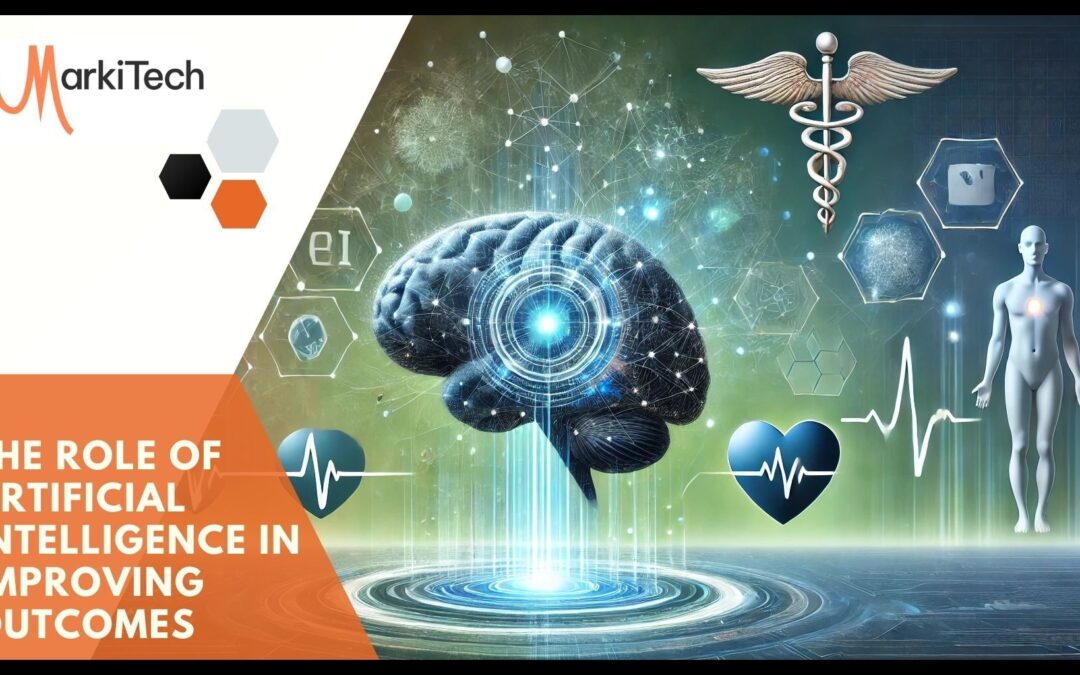Table of Contents
ToggleReviewed By Nauman Jaffar
Image Credits Canva
Key Takeaways
- AI is Revolutionizing Mental Health Care: Discover how Artificial Intelligence is transforming mental health diagnosis, treatments, and accessibility for better outcomes.
- Mental Health Analytics: Learn how these tools enable practitioners to track patient progress over time, identify trends, and make informed treatment decisions.
- Boosting Care Quality: Behavioral Health Analytics Software is empowering clinicians with data-driven insights, enhancing the quality of care.
- AI for Behavioral Health: AI-driven chatbots, predictive analytics, and real-time monitoring are reshaping patient interactions and mental health support.
Introduction
Artificial Intelligence (AI) is rapidly transforming various industries, and one of the most profound changes is taking place in the realm of mental health care. The integration of AI tools into mental health treatment has opened new doors to enhance accessibility, diagnose more accurately, and personalize care. Mental health professionals now have access to innovative tools that not only simplify diagnosis but also improve patient outcomes and overall care efficiency. By leveraging the power of AI, healthcare providers are able to address the unique needs of individuals in a way that was once unimaginable. This technological evolution is making mental health services more accessible, cost-effective, and efficient than ever before, allowing for better treatment and faster recovery times.
The Growing Role of AI in Mental Health
AI is no longer a futuristic concept; it’s already an integral part of mental health care. The use of AI algorithms is becoming more widespread, helping clinicians identify early signs of behavioral health issues and enhance treatment strategies. AI systems can analyze large datasets to detect patterns that may not be immediately visible to human eyes. These early indicators can help mental health professionals intervene sooner, preventing the progression of disorders and improving patient outcomes.
Another exciting development is the use of AI-powered chatbots. These chatbots are available around the clock, offering support to patients whenever they need it. Whether it’s providing immediate relief through guided conversations or assisting with therapeutic exercises, these AI-driven tools are becoming an invaluable resource for both patients and mental health practitioners. The ability to offer continuous support without the limitations of human availability is helping bridge gaps in mental health care, especially for those in remote or underserved areas.
AI is also making waves in telemedicine for mental health, offering virtual consultations and real-time diagnostics. With more patients opting for virtual care, AI can streamline these consultations by helping practitioners understand patient behavior, symptoms, and concerns more efficiently. This accessibility is not just convenient; it’s a game-changer for those who face barriers such as geographic location, time constraints, or physical disabilities.
Understanding Mental Health Analytics
Mental health analytics is a cornerstone of AI’s impact on mental health care. This emerging field provides data-driven insights that can help both patients and clinicians track and improve mental health outcomes. By monitoring patients’ mental health progress over time, practitioners can make more informed decisions, adjust treatments accordingly, and track the effectiveness of different therapies.
- Tracking Progress: Through AI-powered analytics, mental health professionals can track patients’ progress, assessing changes in their conditions over time. This enables the development of personalized treatment plans that are more effective in addressing specific needs. By analyzing trends, mental health professionals can optimize interventions to ensure the best possible outcomes for each patient.
- Improving Efficiency: Traditional mental health evaluations can be time-consuming, but AI streamlines this process by automating data collection and analysis. This reduces the chances of errors in diagnosis and allows clinicians to make quicker, more accurate decisions. AI can process vast amounts of data from patient records, behaviors, and physiological markers to produce comprehensive reports that save time and resources.
- Enhancing Patient Outcomes: With AI’s ability to detect early warning signs and provide real-time insights, mental health care is becoming more proactive than reactive. This shift not only improves patient care but also leads to better long-term outcomes, as timely interventions can prevent conditions from worsening.
Behavioral Health Analytics Software in Action
Behavioral health analytics software is revolutionizing the way clinicians approach mental health care. By providing real-time data and predictive analytics, these tools are helping clinicians deliver personalized care more effectively.
- Success Rate Tracking: AI-driven insights allow healthcare providers to monitor the success rates of various treatments and interventions. By evaluating the effectiveness of different therapies on a per-patient basis, clinicians can fine-tune treatment plans, improving the chances of success. This personalized approach ensures that patients receive the most suitable care for their specific needs.
- Population Dynamics: Behavioral health analytics also provides a macro view of population health, enabling clinics to customize interventions based on community needs. By analyzing trends and patterns within a population, healthcare providers can allocate resources more effectively and tailor interventions to address the most pressing mental health challenges in a given area.
- Predictive Insights: One of the most powerful features of behavioral health analytics is its ability to predict potential mental health crises. By analyzing patient data in real-time, AI tools can identify early signs of relapse or deterioration, allowing clinicians to intervene before a crisis occurs. This predictive capability improves patient safety and ensures that mental health professionals can provide timely and appropriate care.
Conclusion
The intersection of AI and mental health care is a burgeoning field with immense potential to reshape the industry. From AI-driven chatbots offering real-time support to mental health analytics tools helping clinicians track progress and improve treatment outcomes, the role of AI is growing stronger by the day. AI’s ability to streamline processes, enhance diagnostic accuracy, and provide personalized care is revolutionizing the way mental health services are delivered, making it more accessible, efficient, and effective.
As we move forward, it’s clear that AI and analytics will continue to play a crucial role in improving mental health care. They offer clinicians and healthcare administrators the predictive insights necessary to make data-driven decisions and improve patient outcomes. The integration of AI into mental health care not only benefits patients but also empowers mental health professionals to offer better, more informed care. At MarkiTech, we are proud to support health providers with cutting-edge AI tools that help deliver smarter, better, and faster care.
- 8 Pharma Trends Shaping the Future of Digital Health and AI
- The Future of Mental Health: How Technology is Transforming Patient Care
- Society for Digital Mental Health
#mentalhealth
#artificialintelligence
#mentalhealthanalytics
#digitalmentalhealth





